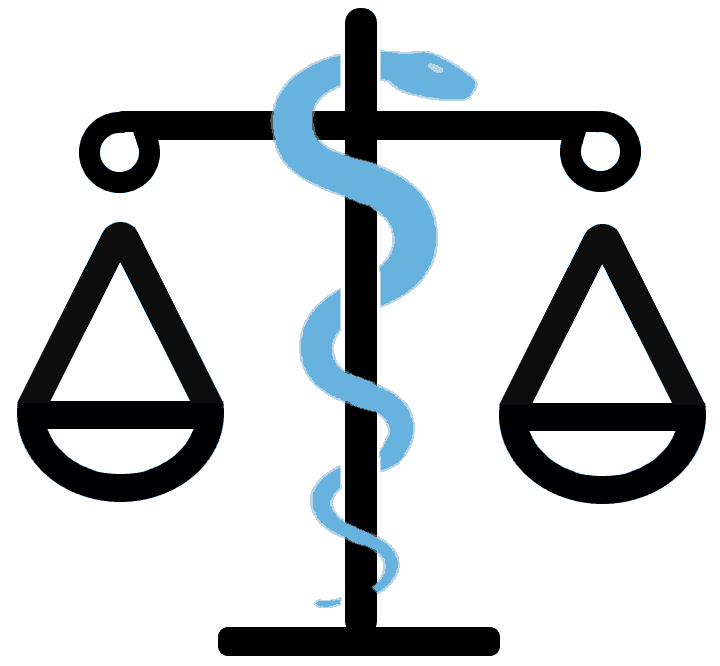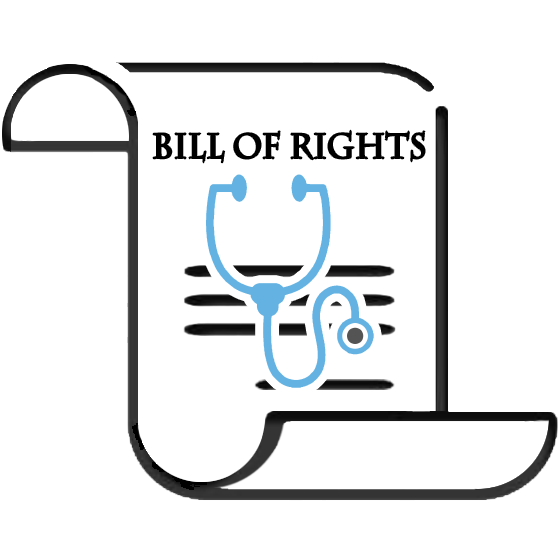Medical-Legal: When to Bill For Report Preparation

Medical-legal billing is a special kind of tricky.
This unique subset of California workers’ comp has its own rules, its own fee schedule, and its own unique complications. Among those complications is how and when to bill for time spent preparing medical-legal evaluation reports.
When to Bill for Medical-Legal Report Preparation
There are seven medical-legal billing codes, ML100 - ML106. Reimbursement for these billing codes is as follows:
-
ML101, ML104, ML105, and ML106 - The reimbursement is time-based. Providers bill these codes in 15-minute time units; a single unit equals 15 minutes of time spent.
- ML100, ML102, ML103 - The reimbursement is service-based, with a set reimbursement amount for each code; reimbursement is not based on time.
Of the four time-based codes:
- ML101, ML104, and ML106 - Providers are allowed to bill for the time spent preparing the medical-legal report. When calculating the number of billable time units, report preparation should be included in the calculation.
For both ML101 (Follow-up Medical-Legal Evaluations) and ML106 (Supplemental Medical-Legal Evaluations), California Code of Regulations (CCR) Section 9795 clearly instructs the physician to include time spent in “preparation of the report”:
The physician shall include in his or her report verification, under penalty of perjury, of time spent in each of the following activities: review of records, face-to-face time with the injured worker, and preparation of the report
The explanation for ML104 (Comprehensive Medical-Legal Evaluations Involving Extraordinary Circumstances) also includes reimbursement for time spent on report preparation, though this was subject to serious controversy (more on that below).
Refer to the following chart when billing for time spent preparing medical-legal reports:
Billing Code |
Bill Separately for Time Spent Preparing Report? |
ML100 |
NO |
ML101 |
YES |
ML102 |
NO |
ML103 |
NO |
ML104 |
YES |
ML105 |
NO |
ML106 |
YES |
Line Breaks, Lawsuits, and ML104
ML104 and reimbursement for report preparation was at the heart of a dispute between providers and the California Division of Workers’ Comp (DWC). Make no mistake: reimbursement is always due for time spent on report preparation when ML104 is applied compliantly.
However, it took a lawsuit to clarify this point.
California Medical Evaluators (CME), a medical-legal practice management firm, took the lead in suing the DWC. The division denied reappointment to several Qualified Medical Evaluators (QME) in part because these QMEs (allegedly) non-compliantly billed for time spent on report preparation using ML104.
Spoiler alert: the DWC ultimately reappointed the QME’s, and retracted their own misinterpretation of the rules.
There are three scenarios when a medical-legal evaluator may bill ML104 for reimbursement:
-
If the medical-legal evaluation report addresses four or more of the “complexity factors” described in the regulations for ML103 (Complex Comprehensive Medical-Legal Evaluation), or
- If the medical-legal evaluation report addresses multiple injuries to the body part(s) being evaluated AND the report address three or more of the ML103 “complexity factors,” or
- If the physician and the parties agree that “extraordinary circumstances” are present.
The DWC claimed (incorrectly) that providers may only bill for report preparation in the third scenario, when the parties agree that “extraordinary circumstances” are present. As it turns out, the DWC interpretation was based on...a typo.
We are not kidding.
The regulation language regarding reimbursement for report preparation applies to all three of the above scenarios. However, a missing line break in the regulations gave the impression that reimbursement for report preparation only applies to the third scenario (when all parties agree that extraordinary circumstances exist).
California Society for Industrial Medicine and Surgery (CSIMS) Executive Vice President Carl Brakensiek asserted in his sworn statement for Howard, et al. v. California DIR that he brought the line break error to the attention of DWC Counsel Winslow West. According to Brakensiek’s sworn statement, West responded:
You have your interpretation and I have mine. Until some judge tells me I'm wrong I'm going to enforce my interpretation of the law.
As it turned out, “some judge” did indeed side with CME, CSIMS, and the QME’s in question.
Los Angeles County Superior Court Judge James Chalfant said the DWC “probably erred” in refusing to reappoint QME’s based on an incorrect interpretation of ML104. In fact, Chalfant referred to the incorrect interpretation as an “underground regulation” — an interpretation so off-base as to constitute a new, illegally crafted rule.
Chalfant repeatedly referenced former DWC official Sue Honor-Vangerov’s declaration in his decision:
...At some point after the 1993 rule-making, 8 CCR section 9795 was published with a line space accidentally deleted…
…[DWC Council] West has more recently started teaching and enforcing the mistaken deletion as an actual rule...Honor-Vangerov has informed West that she disagrees with his new rule...
...DWC's requirement of a prior agreement for billing report preparation time is an underground regulation that DWC is using against QMEs to deny their reappointment.
Following Chalfant’s tentative ruling, the DWC settled with the QME’s. While denying promulgating an “underground regulation,” the DWC reappointed the QME’s and agreed to remove videos and other training materials that feature the incorrect interpretation of ML104 billing rules.
Finally, the DWC’s newly proposed changes to the Medical Legal Fee Schedule amend the language for ML104 to clearly state that report preparation is billable under all three ML104 circumstances.
Long story short: no matter the scenario, report preparation is always billable and reimbursable when ML104 is the appropriate billing code. That said, providers must be sure that ML104 is the appropriate code. Read on for details.
Complexity Factors: Report Preparation Does NOT Qualify an Exam for ML103 or ML104
Medical-legal report preparation is time-consuming. When calculating the number of billable time units, report preparation should be included in the calculation. However, report preparation is not a “complexity factor” as defined by the regulations.
Complexity factors include things like face-to-face time with the patient in excess of 2 hours, record review in excess of 2 hours, and more. Essentially, complexity factors define a medical-legal evaluation as “complex” enough to warrant ML103, or “extraordinary” enough to warrant ML104.
Providers sometimes mistakenly consider excessive report preparation time a complexity factor and use that time to qualify an examination for codes ML103 or ML104. This is non-compliant. Providers may not use report preparation time to justify the use of codes ML103 or ML104.
Bottom line:
-
DO NOT use the time spent preparing the report to qualify a medical-legal examination as a Complex Comprehensive Medical-Legal Examination, code ML103.
-
DO NOT use time spent preparing a report to qualify a medical-legal examination as a Comprehensive Medical-Legal Evaluation Involving Extraordinary Circumstances, code ML104.
- DO bill for time spent preparing a report once you have already qualified the medical-legal evaluation for ML104, based on any of the three scenarios described here and in the regulations.
Hey, if it were simple, it wouldn’t be California workers’ comp.
DaisyBill offers everything medical-legal providers need to navigate the complex labyrinth of medical-legal billing rules and ensure correct, timely payment. Schedule a free demonstration of DaisyBill’s Billing Software today, and see what we can do for your practice.
REQUEST DEMO
DaisyBill provides content as an insightful service to its readers and clients. It does not offer legal advice and cannot guarantee the accuracy or suitability of its content for a particular purpose.




.png)